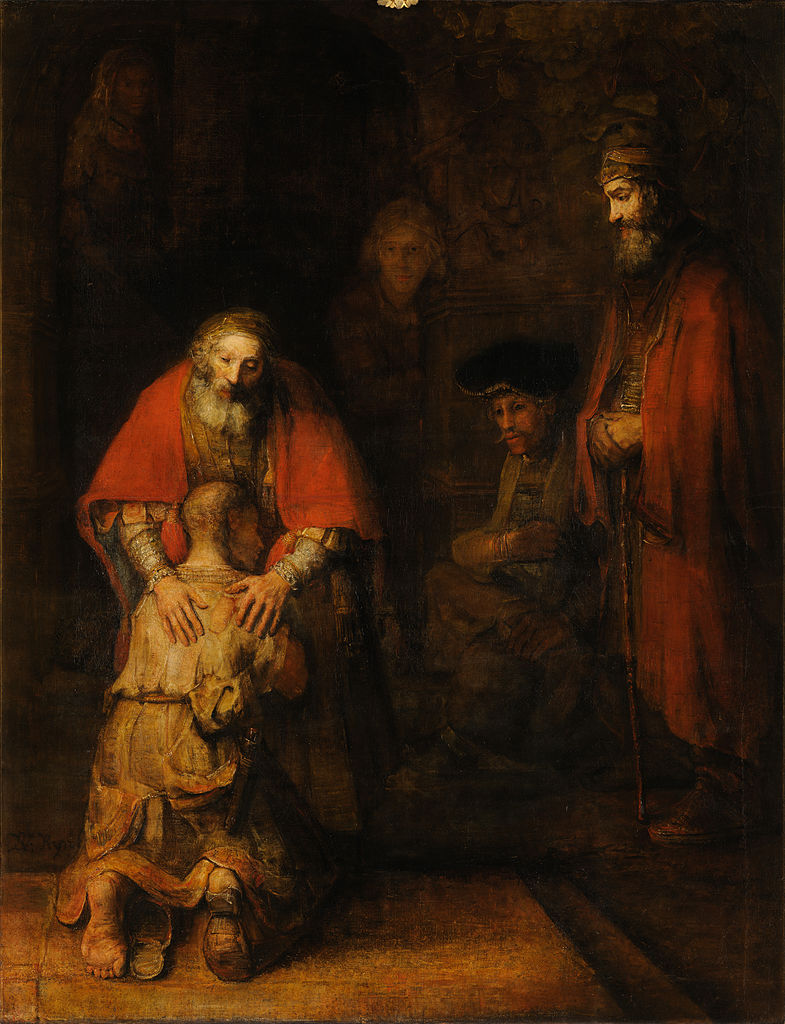This is an identity issue. In John’s gospel, Nicodemus comes to Jesus in the middle of the night wanting to whether this strange man from Nazareth is really who he says he is, but Jesus flips the pharisee’s question on its head and it is Nicodemus’ identity that is called into question instead: does Nicodemus really belong to God’s kingdom? Has he been born again? In essence, Jesus is asking who his Father is. (John 3:1-21)
In his letter, John repeatedly uses his rabbi’s phrase: born again. The greek word is ‘gennao’, to be fathered by. Have you been fathered by God? Have you been begotten not just by the will of a man and a woman but by the Spirit (John 1:12-13, 3:5-8)? Because – if you have – it has consequences for your behaviour: those who have fathered by The Father do what is right. John is concerned with authenticity. How can you be sure that you are following Jesus? What are the hallmarks of a genuine relationship with the Son? What does fellowship with the Father look like?
I don’t think he intends to scaremonger, but he wants his readers to be sure. He wants them to know know know that they are born again, and he wants them to be cautious of those who claim to follow Jesus and yet live lives that do not testify to their identity of sons and daughters of God. There is beautiful, wonderful affirmation here, but there is also a challenge: to what extent are we like our heavenly Father? Where do I need to live differently that I might look like my Father’s daughter? Jesus only did what he saw the Father doing (John 5:19). He was completely in sync with his Dad – so much so that he could say If you have seen me then you have seen the Father. (John 14:9) Can I say this? Can I say that if you have spent time with me then you will have glimpsed something of the character and heart of God?
We are not Jesus. We are not perfect. We are still weighed down by sinful desires and yet John says that sin stops being attractive for the Jesus follower. (1 John 3:3, 3:6, 3:9) We stop doing wrong thing and start doing right things because, through the Spirit, we are being formed into the image of Christ; we are being moulded to look like the Son. (Galatians 4:19, 2 Corinthians 3:18) Through the Spirit sin loses its appeal; it stops tasting good. We don’t lose the capacity to sin; we lose the desire to do so. For John, this is one of the hallmarks of authentic Christianity.
